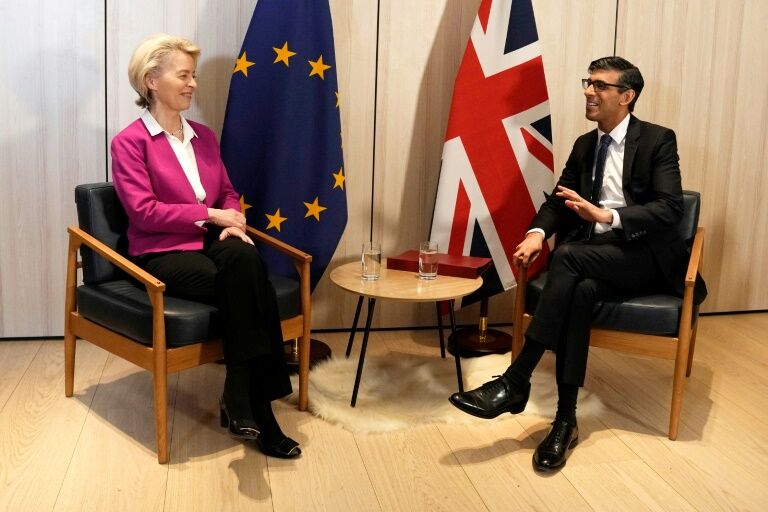Council of Europe gathers to discuss future prosecution of Russian leaders

A year after Russia’s expulsion from the Council of Europe (CoE) due to the ongoing conflict in Ukraine, the leaders of the 46-nation human rights body convened in Iceland to take preliminary steps toward the potential prosecution of Russian leaders. The summit’s main focus was the creation of a “register of damages” to document evidence for use in a special court that Ukraine and several Western allies hope to establish.
Ukrainian President Volodymyr Zelensky addressed the leaders via videolink. Zelensky recently completed a tour of major European capitals, securing pledges from Berlin, Paris, and London to increase arms deliveries to Kyiv. These commitments further solidify the military relationship between the West and wartime Ukraine, ahead of an anticipated Ukrainian offensive against Russian forces.
The Council of Europe’s mission is to promote human rights, democracy, and the rule of law in its member states, which include all 27 European Union nations, as well as Britain, Turkey, Western Balkan countries, Georgia, and Armenia. Russia was expelled from the CoE in March 2022 due to its invasion of Ukraine.
Ukrainian Prime Minister Denys Shmyhal, who represented his country at the summit, said that the creation of a registry of damages was “the first real step on our path to find solutions” to make Russia “compensate all these atrocities and damages.”
European Commission President Ursula von der Leyen stated that the Reykjavik summit’s main focus would be “the accountability of Russia for the crime of aggression it is constantly committing by waging war in Ukraine.”
The United States, Britain, and other countries also expressed support for the creation of a register of damages. Lithuanian President Gitanas Nauseda said…
“I hope very much that more countries will join this club.”
Several EU countries are in favour of setting up a special tribunal, likely in The Hague in the Netherlands, where the International Criminal Court already resides. However, this prospect is postponed until after the ongoing conflict in Ukraine.
Russia may be preparing its spring attack on Ukrainian positions to break the current battlefield stalemate. The two-day Council of Europe summit provided an opportunity for nearly the entire European community to portray Russia as isolated on its continent.
Despite the projected unity, there are divisions within the European community. For example, Britain is antagonistic towards the CoE’s European Convention of Human Rights, which hinders its plans to curb the irregular arrival of asylum-seekers by deporting them to Rwanda or returning them to transit European countries.
The convention is supported by a European Court of Human Rights, which has made rulings that have already stymied Britain’s efforts in this direction.
Rishi Sunak, representing Britain, said he was pressing for a reform of that court as part of a strategy to stop small boats carrying refugees from reaching Britain after transiting through France. He said…
“We’re going to do absolutely everything we can to do that… I’m not going to rest until we can stop the boats and that’s why I’m here.”
The leaders gathering also served as a key moment for the heads of European heavyweights Germany, France, Italy, and Britain to meet before the G7 summit starting on Friday in Japan, reported Bangkok Post.
Latest Thailand News
Follow The Thaiger on Google News:


























